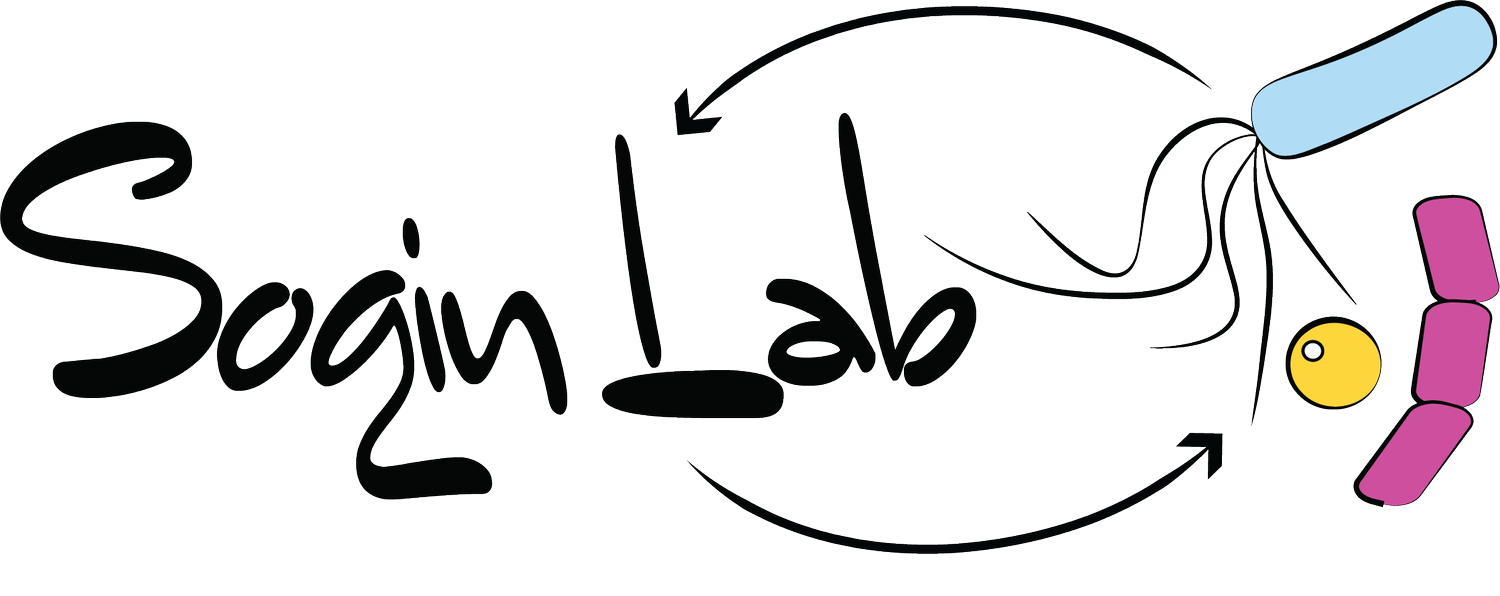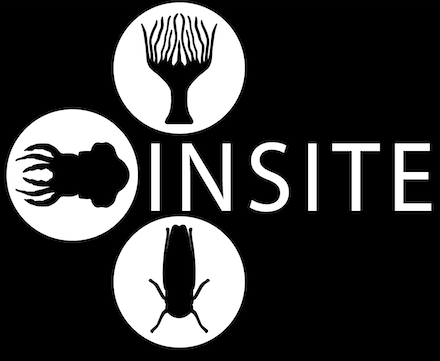Research in the Lab
Seagrass Rhizospheres
Seagrasses evolved from terrestrial plants to form the foundation of one of the most productive ecosystems on Earth. They play important roles in carbon sequestration, removal of water-based pollution through bioremediation, and stabilization of sediments. Recent seagrass microbiome work shows that marine plants have intimate associations with microorganisms in the rhizosphere, the interface between plant roots and the sediment.
Research in the Sogin lab aims to explore how seagrasses interact with the below ground microbial communities. Projects use a combination of ‘omics’ methods coupled to experimental manipulations to identify mechanisms underlying seagrass-microbial interactions.
NSF Award Number: #2311577
Aiptasia Microbiome
Aiptasia is a model system for exploring cnidarian-algal symbiosis. Check out the aiptasia community site for more information on this intriguing model system.
The microbiome is a collection of sentinel, microscopic species that interact with one another and their hosts, effectively forming a metaorganism. At the basis of microbial interactions within a microbiome, lies a complex web of metabolic pathways mediated by the exchange of small molecules. However, studying these microbial interactions is often challenging due to the complexity of the symbiotic associations and the fact that the microbiome is connected through space and time. Sogin lab research seeks to use the sea anemone, Exaiptasia diaphana, to explore metabolic exchanges within the microbiome.
NSF Award Number: 2217769
BII-INSITE: Institute for Symbiosis, Training and Education in the face of a changing climate
We are experiencing an era of rapidly changing climate that threatens to collapse Earth’s ecosystems. These new global and ecological conditions that define this era have led to steep declines in global biodiversity, threatening organisms that depend on symbiotic associations with microbes for essential benefits. Since all plants and animals engage in a broad spectrum of interactions with microbes, it is critical to assess how hosts and their microbes will respond to this rapidly shifting conditions. We are part of the Biological Integration Institute, INSITE - The INstitute for Symbiotic Interactions, Teaching, and Education in the Face of a Changing Climate. INSITE brings together a multi-disciplinary team of researchers at the University of California at Merced, Michigan State University, and Resilient Oceans to identify key threats of climate change through a symbiotic lens. INSITE will develop tools to predict biodiversity loss and offer critical insight into how to avoid such devastation. The Sogin Lab is using Aiptasia as a model to understand how climate change will impact complex microbiomes.
NSF Award Number: #2214038
Our Approach
Our tool kit for understanding host-microbe interactions centers around meta‘omics based approaches and physiological assays coupled to metabolomics.
Our primary activities include:
Metabolomic analyses, including mass spectrometry
Metagenomics and metatranscriptomics
Cultivation and physiological experiments
Field-based research projects, including environmental sampling and manipulations



